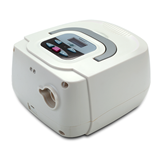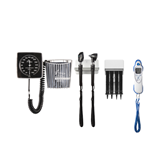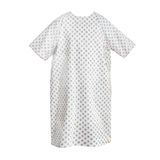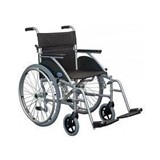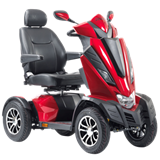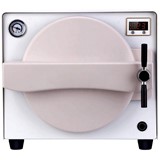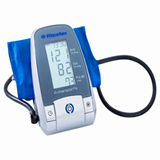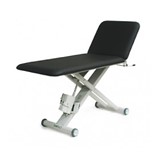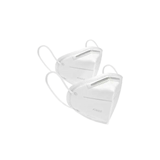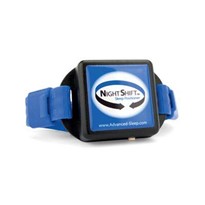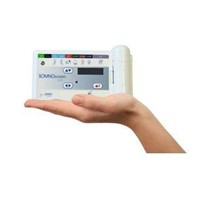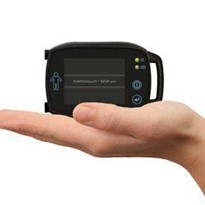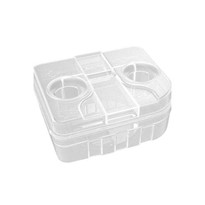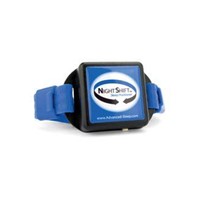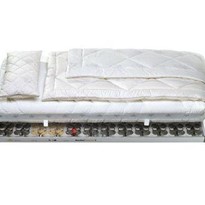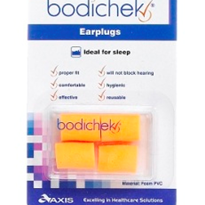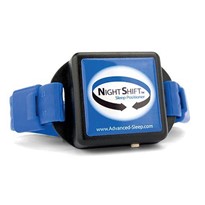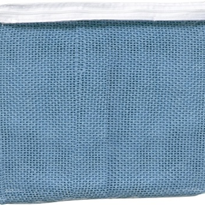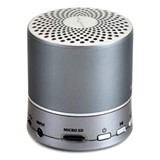For most sufferers of sleep apnea, these energy-boosting foods are generally off-limits, especially in the latter half of the day. Choosing foods that increase the body’s natural sleep process is essential, and, in this article, we share with you the foods best consumed for a good night’s sleep and detail their specific qualities that induce slumber.
Carbohydrates
Have you ever eaten a large bowl of pasta and felt incredibly sleepy afterwards? Well, this feeling isn’t a coincidence, as consuming carbohydrates can produce an increased level of tryptophan in your bloodstream. Tryptophan is an essential amino acid that supports the production of niacin, which is linked to your serotonin levels. Best ingested four hours before bedtime, moderate carbohydrate consumption can be helpful for sleep apnea sufferers. Conversely, if you’re feeling extremely fatigued, excessive carbohydrate consumption can leave you feeling sluggish, especially earlier in the day, so we highly advise to approach these foods with caution and moderation.
Calcium based products
As we just mentioned, the amino acid tryptophan is essential in the aiding of sleep, and together with calcium, produces extra melatonin in the body. For those unfamiliar with melatonin, this naturally produced hormone is responsible for regulating the body’s sleep cycle and can be prescribed artificially for those with pressing needs.
Calcium-rich foods are essential for those with sleep issues; consumption of cheese, milk, green leafy vegetables, and fish are ideal, as they’re high in calcium and aid in natural melatonin production. Calcium based supplements are also beneficial, but you should consult a health professional before undertaking this option.
Magnesium
Low magnesium levels in the body can be a reason for restless sleeping. Outside of any situational triggers that wake you up, such as loud noises or light, low magnesium can cause cramping muscles, restless limbs and an inability to fall asleep once waking. Sleep apnea sufferers should include magnesium in their diet to aid sound sleeping, especially during the CPAP machine adjustment phase, which can trigger waking.
Food sources that are typically high in magnesium include green leafy vegetables, non-leafy vegetables, fruit, legumes, nuts and seeds, and seafood. Much like calcium, magnesium is available in supplement form but should be regulated by a health professional first.



